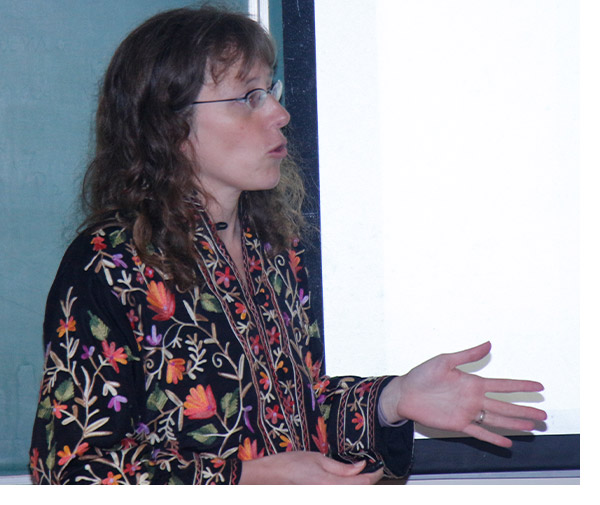 Women’s rights to make life choices such as whether and when to marry and divorce are intrinsically important. Yet in many contexts, the law on the books is substantially more progressive than the de facto practice of the law. Pakistan is a good example: the government officials who register marriages often follow their own judgment rather than complying strictly with the law. Many are not even aware of the laws on the books. To address this, the government of Punjab is conducting the first ever mandatory training of marriage registrars in the province to inform them on women’s rights in marriage, including child marriage and women’s right to initiate divorce, and of the legal consequences to registrars for non-compliance. This study uses a randomized rollout of this training program and complementary information experiments to answer the question: how can state intervention increase local officials’ compliance with and enforcement of de jure laws protecting women’s rights?
Women’s rights to make life choices such as whether and when to marry and divorce are intrinsically important. Yet in many contexts, the law on the books is substantially more progressive than the de facto practice of the law. Pakistan is a good example: the government officials who register marriages often follow their own judgment rather than complying strictly with the law. Many are not even aware of the laws on the books. To address this, the government of Punjab is conducting the first ever mandatory training of marriage registrars in the province to inform them on women’s rights in marriage, including child marriage and women’s right to initiate divorce, and of the legal consequences to registrars for non-compliance. This study uses a randomized rollout of this training program and complementary information experiments to answer the question: how can state intervention increase local officials’ compliance with and enforcement of de jure laws protecting women’s rights?
